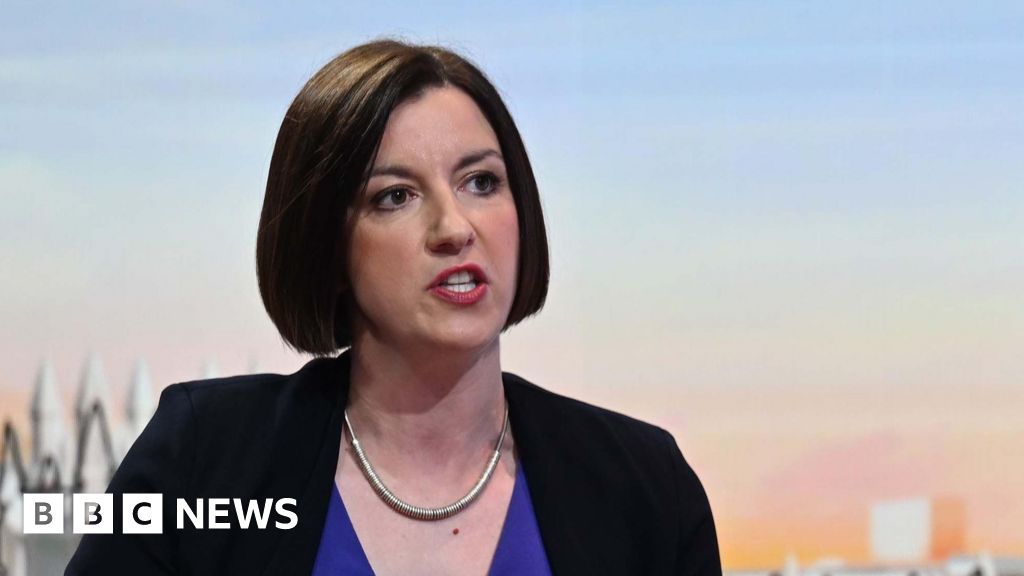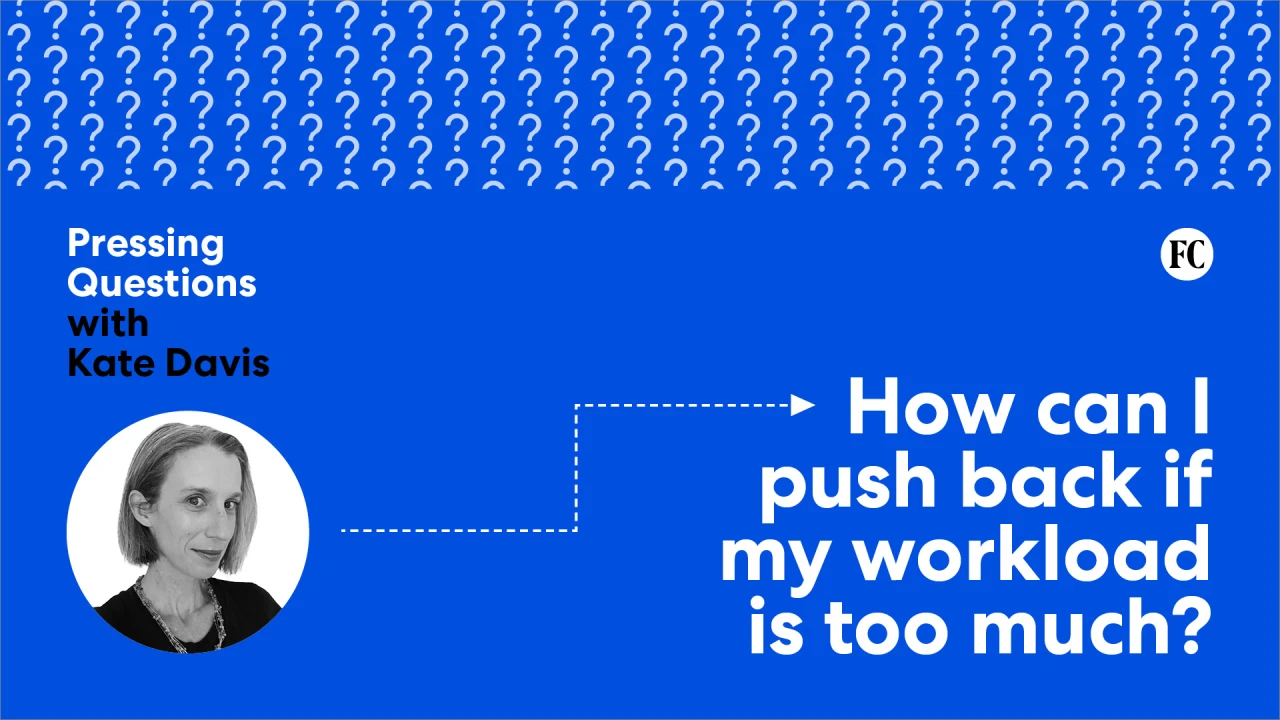What is the reverse-acquihire?

It’s not uncommon for large companies to acquire startups primarily for their talent rather than their product. Acquihires, as they are called, allow big companies to gain talented employees, while bypassing traditional methods of hiring.
However, as the AI talent wars have heated up, major companies like Meta, Google, and Microsoft have been engaging in reverse-acquihires at AI startups. That is, they are swooping in to hire star talent and license technology, discarding the rest by the wayside. The tech giants gain talent while sidestepping the need for government approval and antitrust scrutiny that would happen if they bought the company outright.
The remaining employees are left to flounder in the husk of their former company. By Bloomberg’s count there have been six since last March, and as the AI talent wars continue, we’re likely to see more.
6. Google DeepMind and Windsurf
In July 2025, Google’s DeepMind division hired Windsurf CEO Varun Mohan and cofounder Douglas Chen, along with other key members of their R&D team. The $2.4 billion deal also included Windsurf technology. Google did not take a stake or any controlling interest in the startup.
The deal came after Windsurf was nearly sold to OpenAI in what was set to be a $3 billion deal. The Windsurf employees whom Google did not hire went from expecting to be part of OpenAI to being left behind at a company with no leaders.
In a surprise twist Windsurf was quickly acquired by AI coding startup, Cognition. Still, the story doesn’t have a happy ending. Shortly afterwards, Cognition laid off 30 members of Windsurf’s team and offered buyouts to the remaining 200 TechCrunch reported.
5. Meta and Scale AI
This June, Meta finalized a deal with data labeling company Scale AI. Meta acquired a group of its top engineers, including founder Alexandr Wang, and took a 49% stake in the company, for a $15 billion price tag. “As part of this, we will deepen the work we do together producing data for AI models and Alexandr Wang will join Meta to work on our superintelligence efforts,” a Meta spokesperson said.
A month later, Scale laid off 14% of its workforce. Interim CEO Jason Droege said the company plans to focus on its government and enterprise businesses going forward.
4. Google and Character.AI
In August 2024, Google also struck a deal with chatbot startup Character.AI, hiring its founders Noam Shazeer and Daniel De Freitas, as part of a $2.7 billion deal. “We’re excited to announce that we’ve entered into an agreement with Google that will allow us to accelerate our progress,” Character.AI said in a statement at the time. The statement also explained that the startup would grant a nonexclusive license to the tech giant for its LLM technology.
In the wake of the reverse-acquihire, Character.AI has shifted to a cheaper business model. Instead of training LLMs, it simply develops AI characters. Interim CEO Dominic Perella told Bloomberg: “We were left much better positioned than some folks,” pointing out that for a reverse-acquihire Character.AI is doing well.
3. Amazon and Covariant
In August 2024, Amazon hired robotics company Covariant’s three founders (Peter Chen, Pieter Abbeel, and Rocky Duan) as well as about a quarter of the staff. They also received a nonexclusive license to Covariant’s robotic foundation models. According to a whistleblower, Amazon paid $380 million, which is much higher than $119.5 million, which is when deals need to be reported to the FTC.
The Washington Post reported that according to the whistleblower’s filing, Covariant’s current CEO, Ted Stinson, said if Amazon had bought the company outright, the deal would have been killed by antitrust authorities. According to the whistleblower, the deal restricts which licenses Covariant can sell without paying a fee to Amazon, hobbling its ability to grow. The whistleblower’s filing said Covariant was only expected to last for a year after the deal went through.
2. Amazon and Adept
Similarly, in June 2024, Amazon hired CEO David Luan and most of the AI startup Adept’s 100-person team in a deal that also included licensing the startup’s technology. At the time, Adept, which had raised $400 million, was developing AI agents to do software tasks, and the deal came before it had launched a product.
Post-deal a blog post from Adept seemed to suggest that the company was now low in fund and needed to shift to a cheaper business model. “Continuing with Adept’s initial plan of building both useful general intelligence and an enterprise agent product would’ve required spending significant attention on fundraising…” the post stated. “Adept will now focus entirely on solutions that enable agentic AI, which will continue to be powered by a combination of our existing state-of-the-art in-house models, agentic data, web interaction software, and custom infrastructure.”
In December 2024, Amazon announced it was launching a new lab led by David Luan that would build AI agents that can “handle complex workflows.”
Only around 20 employees remained at Adept after the Amazon deal. Bloomberg noted only four people currently list Adept as their employer on LinkedIn.
1. Microsoft and Inflection
Microsoft kicked off the reverse acquihire trend last March when it agreed to pay chatbot startup Inflection about $653 million in a deal that effectively gutted the startup. The move included hiring founders Mustafa Suleyman and Karén Simonya and most of Inflection’s staff. Around $620 million was for nonexclusive licensing rights to Inflection’s AI models, and a $33 million payment for Inflection to waive any legal claims related to the hiring of its staff.
Inflection had raised $1.3 billion in June 2023. However, Bloomberg noted CEO Suleyman was worried about the company’s ability to raise enough funds to stay viable given the size of its competition.
The deal triggered a FTC investigation to determine whether it was designed to avoid antitrust review while allowing Microsoft control over Inflection. Inflection is still in operation, but has changed course to focus from building new AI models to working on AI in the enterprise space.
Sean White, a former Mozilla executive, became the new CEO. White told Bloomberg that Inflection is still in rebuilding mode: “The ship, over time, was slowly replaced, board by board, piece by piece, right? But it was still always the same ship,” he said.
What's Your Reaction?
 Like
0
Like
0
 Dislike
0
Dislike
0
 Love
0
Love
0
 Funny
0
Funny
0
 Angry
0
Angry
0
 Sad
0
Sad
0
 Wow
0
Wow
0






























































































